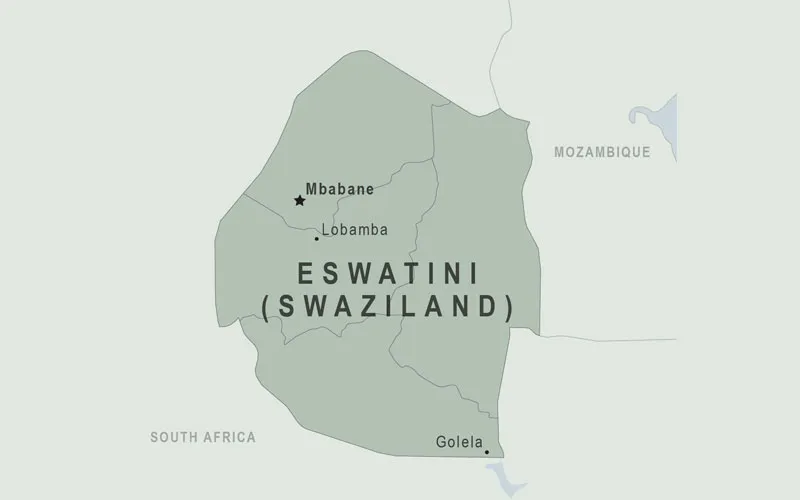Manzini, 06 July, 2021 / 8:15 pm (ACI Africa).
Catholic Bishops in nine Southern African countries have, in a statement, condemned the rise in arbitrary executions, indiscriminate arrests, abductions and a myriad of other human rights violations amid ongoing protests in Eswatini.
“As Bishops we condemn the extrajudicial killings, indiscriminate arrests, abductions and torture that have since been reported,” members of the Inter-Regional Meeting of the Bishops of Southern Africa (IMBISA) say in their Monday, July 5 statement availed to ACI Africa.
The members of the Southern African regional forum of Catholic Bishops further say, “In the same breath we unequivocally condemn the destruction of both public and private property.”
The damage on property, they say, “certainly works against the common good as the property is required for the integral development of the country.”
Pro-democracy protests turned violent in Eswatini, formerly known as Swaziland and officially referred to as the Kingdom of Eswatini, started on June 28, after security officers used force to stop the peaceful demonstrators.








